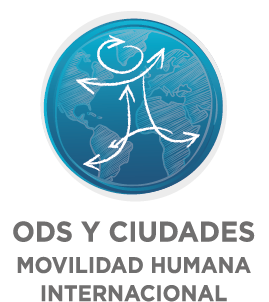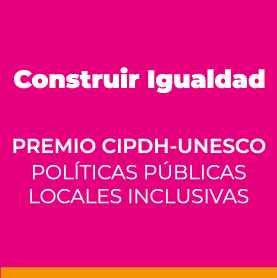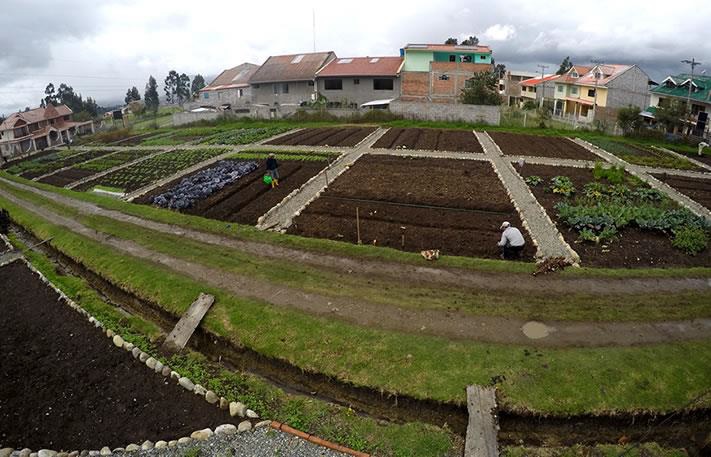
- Region
- Latin America and the Caribbean
- Range of Demographic Size
- 500,000 to 999,999 inhabitants (big)
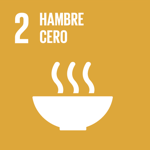
2.1 By 2030, end hunger and ensure access by all people, in particular the poor and people in vulnerable situations, including infants, to safe, nutritious and sufficient food all year round.
2.3 By 2030, double the agricultural productivity and incomes of small-scale food producers, in particular women, indigenous peoples, family farmers, pastoralists and fishers, including through secure and equal access to land, other productive resources and inputs, knowledge, financial services, markets and opportunities for value addition and non-farm employment.
2.4 By 2030, ensure sustainable food production systems and implement resilient agricultural practices that increase productivity and production, that help maintain ecosystems, that strengthen capacity for adaptation to climate change, extreme weather, drought, flooding and other disasters and that progressively improve land and soil quality.
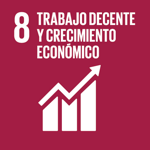
8.3 Promote development-oriented policies that support productive activities, decent job creation, entrepreneurship, creativity and innovation, and encourage the formalization and growth of micro-, small- and medium-sized enterprises, including through access to financial services.
8.4 Improve progressively, through 2030, global resource efficiency in consumption and production and endeavour to decouple economic growth from environmental degradation, in accordance with the 10-year framework of programmes on sustainable consumption and production, with developed countries taking the lead.
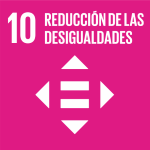
10-2 By 2030, empower and promote the social, economic and political inclusion of all, irrespective of age, sex, disability, race, ethnicity, origin, religion or economic or other status.
International Covenant on Civil and Political Rights (ICCPR).
Summary
The program of Urban Agriculture seeks to recover the cultural traditions and reduce the food insecurity by training the producers, farmers, senior citizens and the general population in the management of urban vegetable gardens in reduced spaces of the houses, agro-ecological farms and the management of small animals. It trains in matters such as the production of bio-fertilizers for the use and management of soils in order to increase production. To such end, its has a School of Education of Agro-Ecological Promoters, two agro-ecological demonstration farms and pilot demonstration projects for their replication in buildings.
Implementation Date:
Start: 03 / 1 / 1998
End: End: Currently in force
Society in general
Women
Persons with disabilities
Education and training
NGOs
International cooperation
Instrumentos

2.1 By 2030, end hunger and ensure access by all people, in particular the poor and people in vulnerable situations, including infants, to safe, nutritious and sufficient food all year round.
2.3 By 2030, double the agricultural productivity and incomes of small-scale food producers, in particular women, indigenous peoples, family farmers, pastoralists and fishers, including through secure and equal access to land, other productive resources and inputs, knowledge, financial services, markets and opportunities for value addition and non-farm employment.
2.4 By 2030, ensure sustainable food production systems and implement resilient agricultural practices that increase productivity and production, that help maintain ecosystems, that strengthen capacity for adaptation to climate change, extreme weather, drought, flooding and other disasters and that progressively improve land and soil quality.

8.3 Promote development-oriented policies that support productive activities, decent job creation, entrepreneurship, creativity and innovation, and encourage the formalization and growth of micro-, small- and medium-sized enterprises, including through access to financial services.
8.4 Improve progressively, through 2030, global resource efficiency in consumption and production and endeavour to decouple economic growth from environmental degradation, in accordance with the 10-year framework of programmes on sustainable consumption and production, with developed countries taking the lead.

10-2 By 2030, empower and promote the social, economic and political inclusion of all, irrespective of age, sex, disability, race, ethnicity, origin, religion or economic or other status.
International Covenant on Civil and Political Rights (ICCPR).
Location
- Region
- Latin America and the Caribbean
- Range of Demographic Size
- 500,000 to 999,999 inhabitants (big)
Contact details
- Email:
- Web: http://www.cuenca.gob.ec/?q=content/programa-de-agricultura-urbana
- Telephone:
- Social network:


